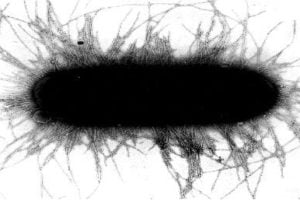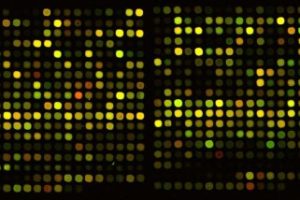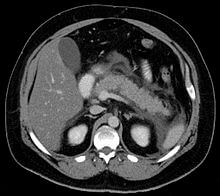cardiff university
Happy hour linked to pub violence
A Cardiff University study has established a link between pub violence and happy hour-style drinking promotions.
The findings also show that pub staff themselves need to do more to stop heavily intoxicated customers from continuing to drink.
T…
Sleeping Trojan horse to aid imaging of diseased cells
A unique strategy developed by researchers at Cardiff University is opening up new possibilities for improving medical imaging.
Medical imaging often requires getting unnatural materials such as metal ions into cells, a process which is a major ch…
Teenage girls face greater violence threat from poverty
Living in a deprived area increases the risk of violence more sharply for girls than boys, according to a Cardiff University study of former industrial areas.
The new results suggest violence prevention strategies need to focus more on local inequ…
Teenage girls face greater violence threat from poverty
Living in a deprived area increases the risk of violence more sharply for girls than boys, according to a Cardiff University study of former industrial areas.
The new results suggest violence prevention strategies need to focus more on local inequ…
Welsh scientists ‘clone’ human virus
A team of Welsh scientists have successfully cloned a human virus offering new hope for the treatment of potentially life-threatening diseases.
Human cytomegalovirus (HCMV) is a major infectious cause of congenital malformations worldwide. The vi…
Study examines association between urban living and psychotic disorders
The association between psychotic disorders and living in urban areas appears to be a reflection of increased social fragmentation present within cities, according to a report in the September issue of Archives of General Psychiatry, one of the JAMA…
Gene find raises hopes of new treatment for bowel cancer
A significant breakthrough by scientists at Cardiff University and the University of Edinburgh will enable new drugs to be developed, which could prevent bowel cancer. Researchers led by Professor Adrian Bird at Edinburgh and Professor Alan Clarke at Cardiff have discovered a gene, called MBD2, which is essential for bowel cancer cells to grow, but is dispensable in normal cells. The findings of the research, funded in part by the Wellcome Trust and published in the journal Nature Genetics, raise the possibility that drugs which inactivate MBD2 could prevent human bowel cancer without harming normal cells.
New protein will help fight inflammation
A joint research project by scientists in Cardiff, UK, has developed a new protein, which could end the suffering of thousands. The research, by scientists at Cardiff University and the University of Wales College of Medicine (UWCM), and funded mainly by the Wellcome Trust, is designed to tackle the problem of chronic inflammation ? which can lead to serious disorders such as rheumatoid arthritis and bacterial peritonitis. Now a two-year development programme is getting under way to check the therapeutic potential of this new protein in the management of acute infection, to enable pharmaceutical and biotech companies to create a product for clinical use.
Microorganisms isolated in space
Indian and British researchers say they have successfully isolated microorganisms living in the upper atmosphere, as high as 40 km up. Whether the organisms originate on Earth or are “seeding” the planet from passing comets is the subject of some debate. “Contamination is always a possibility in such studies but the ‘internal logic’ of the findings points strongly to the organisms being isolated in space, at a height of 41km,” said one of the lead researchers. “Of course the results would have been more readily accepted and lauded by critics had we isolated novel organisms, or ones with NASA written on them! “



